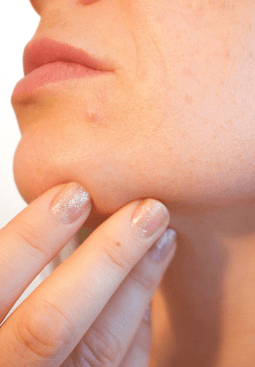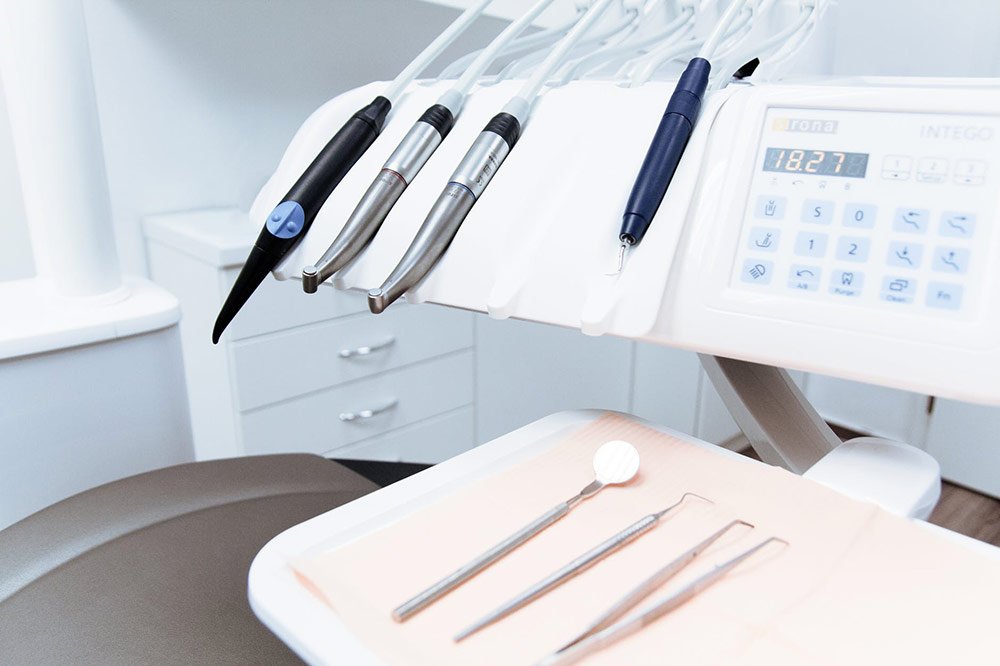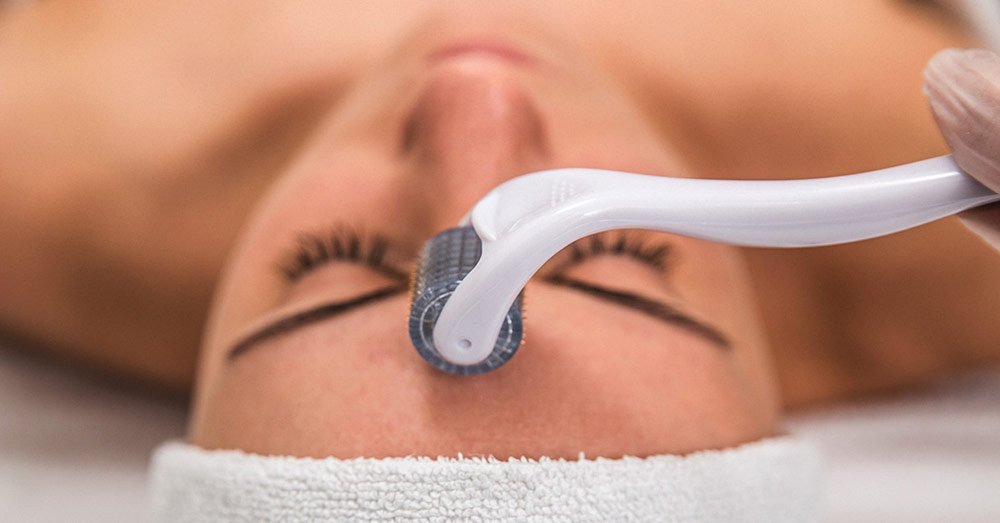[vc_row][vc_column][vc_column_text]COVID 19 pandemic has made masks indispensable part of our lives and the need to cover our faces has led us to this new medical condition called MASKNE. Maskne is “acne mechanica,” the type of acne caused by repetitive physical trauma to the skin.
Maskne is acne breakouts along the jaw, cheeks, and mouth caused by repetitive rubbing and scratching of skin by mask.
SO WHY MASKNE AND NOT PLAIN ACNE ? The difference between acne and maskne is just one thing: a face mask. Due to the nature of face masks, the dead skin cells that would usually shed off throughout the day and after the day, gets trapped on the surface and have nowhere to go. Hence they keep lying on the surface of skin in layers and become the breeding place for bacteria and other infections to grow,along with other debris and oil.
So how does the mask play into maskne?
• Moisture – When confined beneath the fabric of a mask,Breathing for hours creates humidity which becomes a breeding ground for acne. “This can lead to congestion in pores, blemishes and excessive oil retention, leading to yeast and bacterial overgrowth and worsening of acne and rosacea like conditions.
• Bacteria – Sweat, oil, and makeup can be trapped under the mask and clog pores. Also bacteria is constantly being reintroduced into your skin thanks to your hands. Every time you adjust your mask you’re introducing pore-clogging oil and dirt into your pores from your hands.
• Friction – As you go about your day, your mask moves around your face, damaging the skin’s protective layer, sometimes called the “skin barrier.” And without that protective barrier, it’s easier for bacteria and grime to settle into your pores and lead to inflammation.
• Warm weather – Heat and humidity can exacerbate acne by increasing sweat and oil production.
• Cold weather – mask can lead to maskne in heat or sleet. Cold dry air can dry out the skin, making it easier for the mask to chafe the skin which leads to micro-tear and welcome pimple-causing irritants into the pores.
Skin Barrier and Maskne :
When we talk of skin barrier , that normally refers to the epidermis, which is the superficial most layer and further made up of 5 sublayers. The skin barrier is like a coat of armour, that protects the largest organ of your body. It keeps outside microbes from entering into the dermal layers, and it also prevents transepidermal water loss.Overdoing the skin rituals at home with face masks, scrubs, washes, and toners compromises the barrier.
How to maintain the skin barrier as well as treat maskne?
Simplify the regular skin regimen and focus on nourishing ,calming, products. Incorporate these rituals to prevent and treat maskne:
Cleanse – Washing face morning and night can prevent the build up of bacteria, oil, and other pore-clogging elements. But steer clear of super-drying acne face washes—after hours of rubbing and chafing, your skin needs a gentler formula to keep the skin barrier intact.
Toning is essential part, to soothe the skin.Opt for something with aloe vera, cucumber extract to optimise moisturiser absorption. A mist too can be used to replenish that lost moisture and feel fresh, that too the “no touch but spray ” maintains the hygeine.
Moisturising regularly is an essential part.Using a light,non- comedogenic moisturizer with ceramides, hualuronic acid help strengthen the skin barrier,preventing skin irritation from the mask as well as retaining the moisture.
Antiblemish creams can be very useful if the skin is prone to having blemishes post acne . A good hydrating anti blemish cream with healing property can be used under the mask.
Sunscreen – choose the sunscreen wisely according to the skin type. Mineral sunscreen which sits on the top of the skin, scatter damaging UV rays away from the skin. These sunscreens are formulated with titanium dioxide and zinc oxide and better tolerated by patients with acne and acne prone sensitive skin.
Exfoliate – Use a gentle exfoliant and hydrator to help clear away the pore clogging particles. A once or max twice a week exfoliation is recommended.
Spot treatments –with just one or two zits look for spot treatments with skin soothing ingredients to avoid the dreaded dryout. Without stripping skin in the process, spot can be treated with one or more of these ingredients: Salicylic acid,Sulfur,Zinc,2.5% benzoyl peroxide. wearing acne patch, which are tiny moisture-absorbing hydrocolloid circular (also comes in different shapes now) bandages can be worn overnight, or under the mask.
Skin worthy tips:
Hold off on makeup – can mix with sweat, oil, and condensation from the breath to make a heady pore-clogging environment under the mask.
Do not squeeze or pop – A popped zit not only takes longer to heal, spreads bacteria and make the flare-up bigger.
Hand hygiene – the habit of constantly touching the face, can introduce irritants to the face. Frequent hand wash with lukewarm water and soap is advised followed up with moisturizer lotion or cream application.
De-stress and decompress. Stress can make any health problem worse and can also lead to much severe acne — not to mention disrupts healthy diet, mood and sleeping habits. Meditation apps, teletherapy sessions, a short getaway or simple self-care practices proven to be helpful.
Smart Mask Practices
How you manage your mask can help intensify the effects of skincare treatment. All you need is a mask with : A comfortable fit (not too tight) ; Mask hygiene – Toss masks in the washing machine, or hand wash with soap and hot water, and a bit of white vinegar—known for its antibacterial, anti-viral, and antifungal properties. Store clean masks in paper bags to keep them germ free.
A silk mask is best for acne prone skin but you cant go wrong with a cotton fabric too. You can also opt for anti-microbial masks with woven strands of silver and copper. Masks can cause allergies and rashes such as perioral dermatitis or contact dermatitis , related to skin sensitivity, and allergy to maybe the processing chemicals used to wash the mask, or even the fabric of the mask. A dermatologist will be the best guide to diagnose it and recommend treatment.
No matter how you’re using your mask, maskne will probably be a consistent issue in the future. And left untreated, things could only get worse.
“Its better to be safe than sorry”[/vc_column_text][/vc_column][/vc_row]



